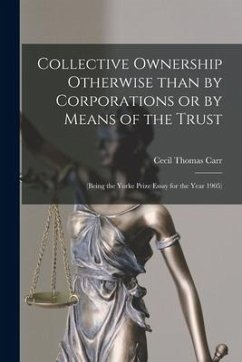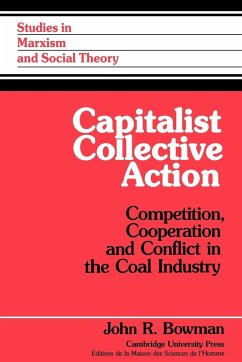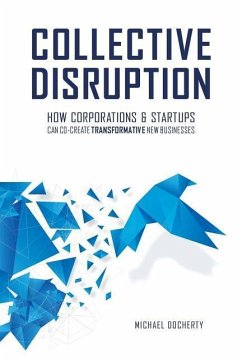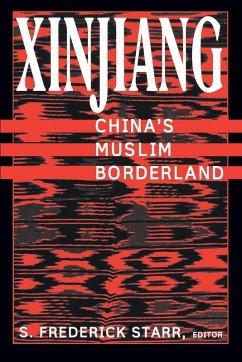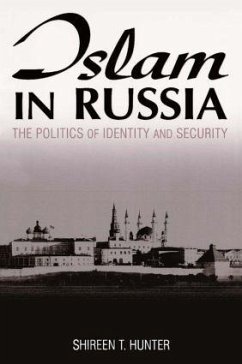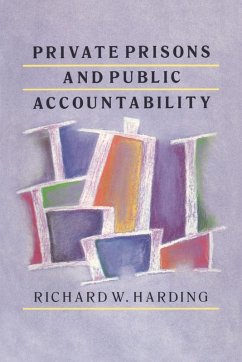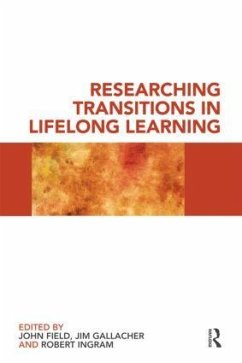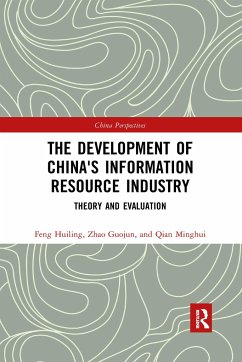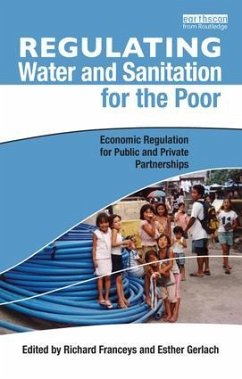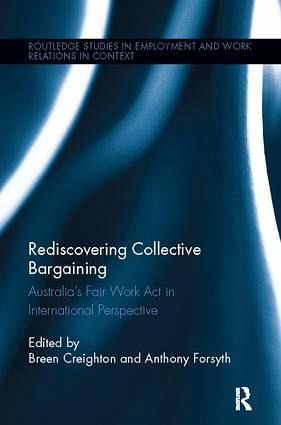
Rediscovering Collective Bargaining
Australia's Fair Work Act in International Perspective
Herausgeber: Creighton, Breen; Forsyth, Anthony
Versandkostenfrei!
Versandfertig in 1-2 Wochen
61,99 €
inkl. MwSt.
Weitere Ausgaben:

PAYBACK Punkte
31 °P sammeln!
This book examines countries that have tried, with varying degrees of success, to use legislative strategies to encourage and support collective bargaining, including Australia's Fair Work Act. It is the first major study of the operation and impact of the new collective bargaining framework introduced under the Fair Work Act, combining theoretical and practical perspectives. In addition, a number of comparative pieces provide rich insights into the Australian legislation's adaptation of concepts from overseas collective bargaining systems - including good faith bargaining, and majority employ...
This book examines countries that have tried, with varying degrees of success, to use legislative strategies to encourage and support collective bargaining, including Australia's Fair Work Act. It is the first major study of the operation and impact of the new collective bargaining framework introduced under the Fair Work Act, combining theoretical and practical perspectives. In addition, a number of comparative pieces provide rich insights into the Australian legislation's adaptation of concepts from overseas collective bargaining systems - including good faith bargaining, and majority employee support as the basis for establishing bargaining rights. Contributors to this volume are all leading labor law, industrial relations, and human resource management scholars from Australia, and from Britain, Canada, New Zealand and the United States.





